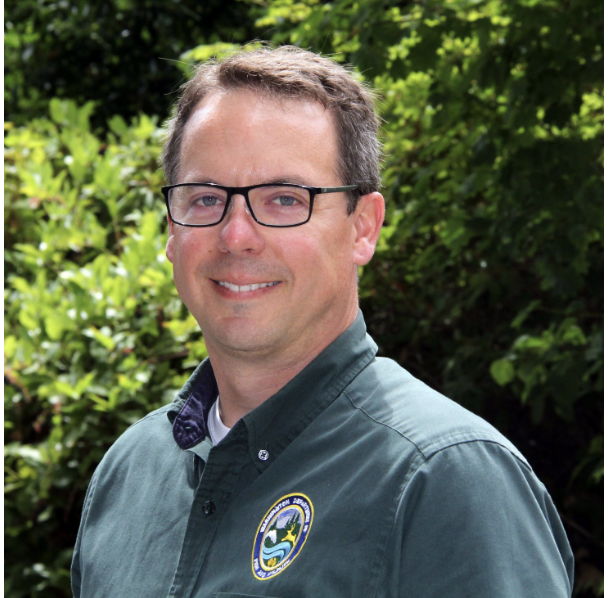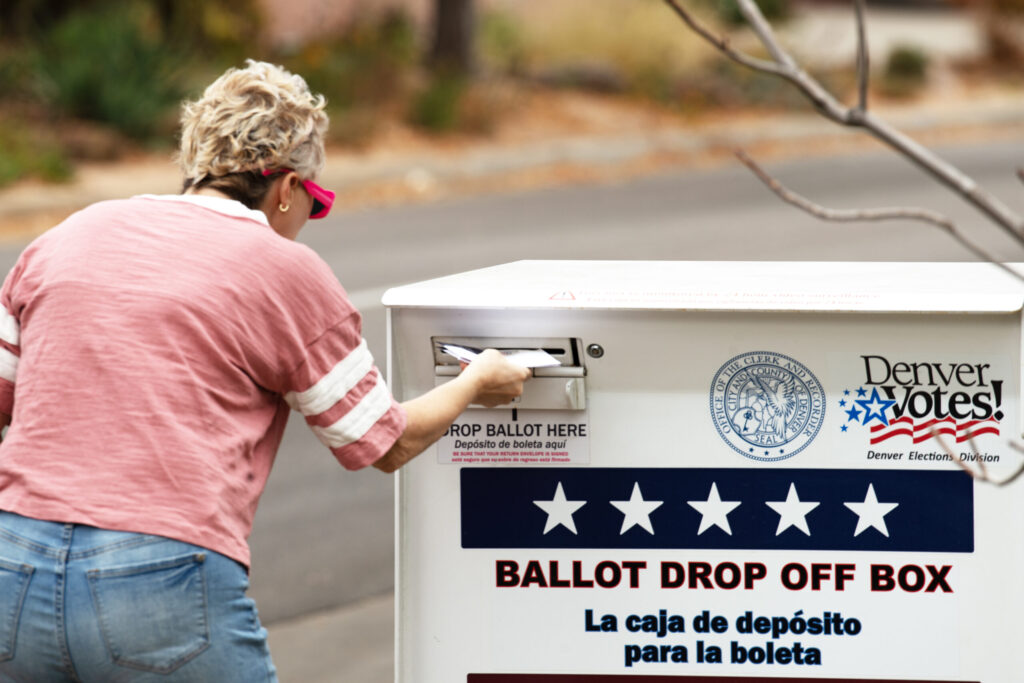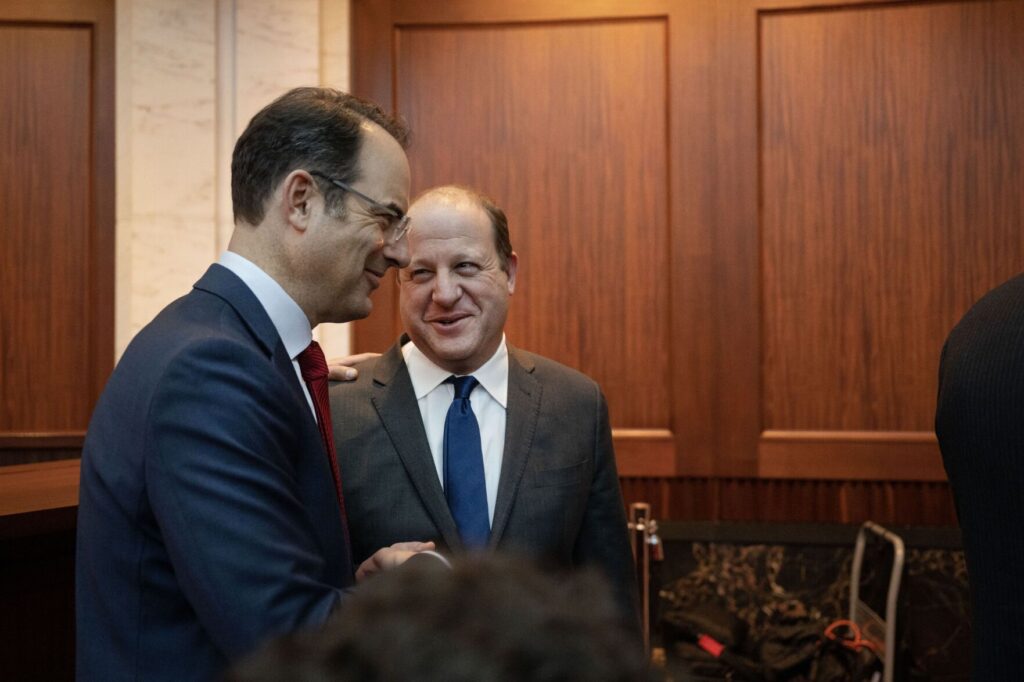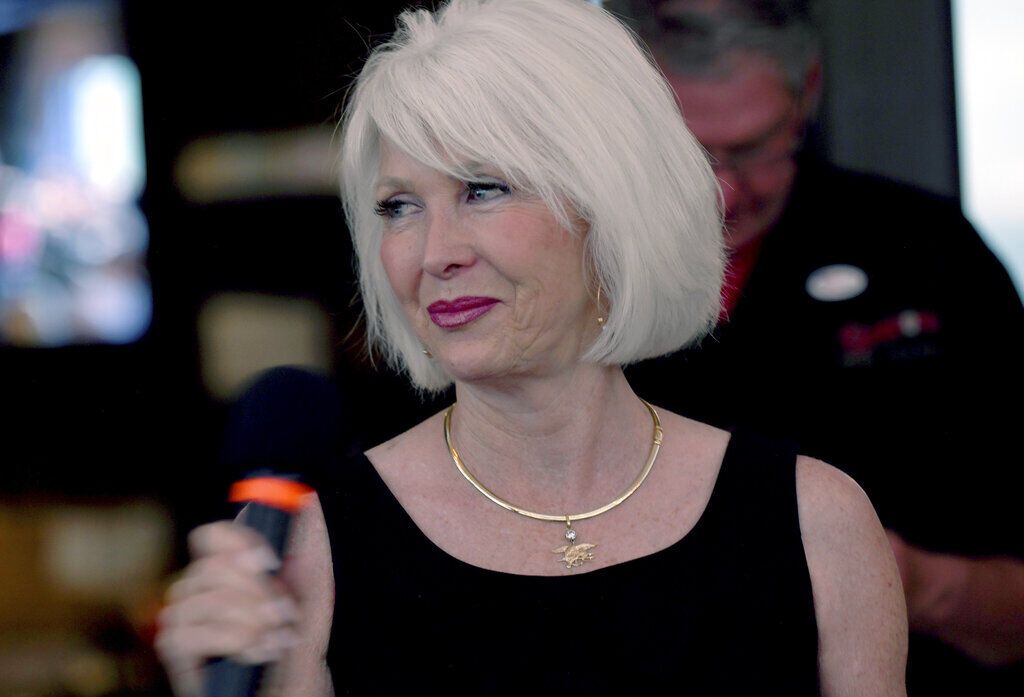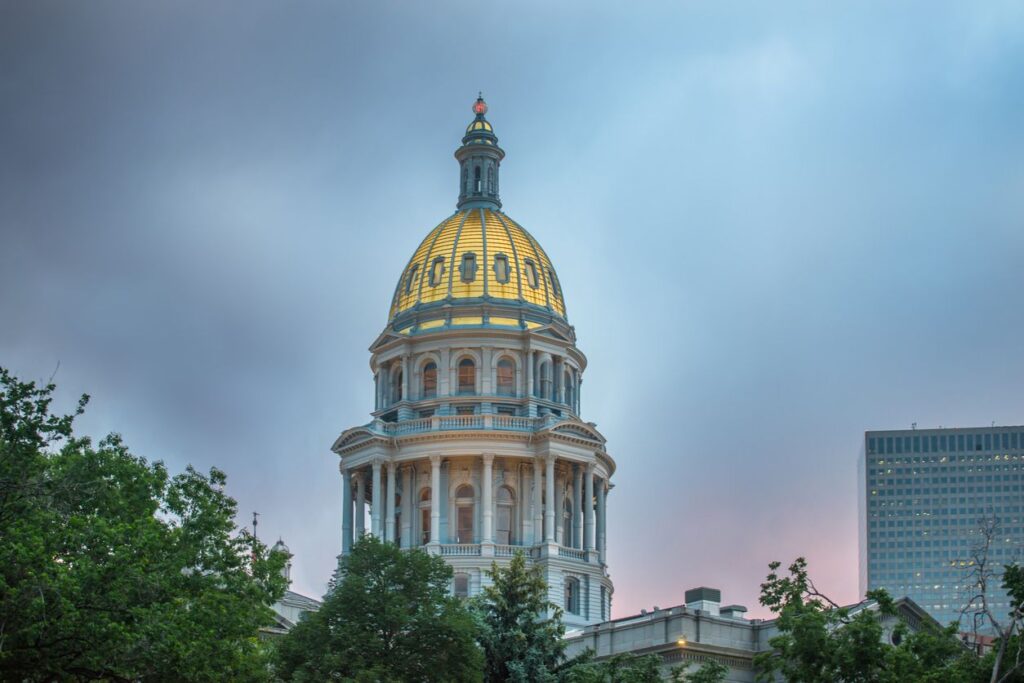Colorado bingo nonprofits don’t always tell the IRS what they tell the state, some say nothing

Editor’s note: This is the last in a three-part series examing Colorado’s $110 million charitable gaming industry.
Colorado nonprofits that rely on charitable gaming to raise funds – most through bingo nights – are required to file regular financial reports with state regulators that track how much money comes in, how much goes out and where the dollars are dispersed.
Although nearly all of the more than 600 organizations licensed for charitable gaming in Colorado are tax-exempt groups recognized by the IRS, not all of them have given the federal government the same complete picture of their bingo finances that they’ve given the state, tax records show.

A three-month Denver Gazette investigation into Colorado’s charitable gaming industry found the state – or anyone else for that matter – frequently paid little attention to what the gaming groups earning money told the federal government.
In fact, several groups routinely misreport their charitable gaming revenues to the IRS, The Denver Gazette has found, a requirement that could endanger a group’s tax-exempt status for not complying or even result in an unexpected tax levy, experts say.
Nonprofits that are recognized as tax-exempt must file a federal tax return, known as a Form 990, when their gross receipts exceed $200,000, or a shorter 990-EZ when they are at least $50,000. Those returns are, by law, public and must be made available on request or on a website.

In at least two cases, The Gazette found organizations that, despite having raised hundreds of thousands of dollars from bingo, haven’t reported a dime of it to the IRS, according to a review of their 990 tax filings.
Several other groups refused to respond to Denver Gazette requests for their most recent tax records, despite a requirement by federal law to provide them.
One group – the Erie High School Booster Club – ignored the newspaper’s requests, and its president, Matt Powell, went so far as to email a reporter that he was “not interested. Unsubscribe,” then blocked any further contact. Telephone messages to Powell were not returned.
The group’s tax filing for 2022, filed in late 2023, was the only one available from the most common outlets including the IRS, GuideStar, and ProPublica websites.
The booster club’s certified games manager, Michelle Kelley, similarly did not respond to Gazette emails seeking information. Kelly was appointed last year by Gov. Jared Polis to the newly created Colorado Charitable Gaming Board.
Filing gaming income is critical to a nonprofit’s exempt status and for transparency, said attorney Kathryn Thomas, an expert in nonprofit tax law.
“It’s really to ensure the organization is truly a tax-exempt entity, and if that’s all they did was gaming, then they’re just a for-profit gambling company,” said Thomas, who runs Katie Thomas Law in Denver. “To ensure that they’re not engaging in private inurement or improper personal benefits to an insider.”

One group, a long-running Denver soccer organization that caters to hundreds of children and has handled millions in bingo revenue – more than $1.6 million of it last year alone – hasn’t reported that income in at least two decades, The Denver Gazette found.
When asked about the discrepancy, John Carroll, the executive director of the Columbine-Lakewood Colorado Soccer Association, which is better known as Colorado Rush Soccer, didn’t have an explanation, thinking the bingo proceeds were apart from his group.
“I’m told they were different,” he said, noting he’d only been with the group about three years.
It’s bookkeeper, Lisa Blarr, said the “soccer club is off to the side and not at all part of the bingo thing at all.”

But tax records show the group’s bingo license and the soccer group are the same, although its bingo license was issued in 2003 as the Columbine-Lakewood Colorado Soccer Club even though it shares the tax tax-ID number with the Columbine-Lakewood Colorado Soccer Association, which regulators concede was an error by the group and the state.
The group runs about 200 bingo occasions a year and, records show, in fiscal year 2023-24 had gross revenues of nearly $1.7 million, of which it kept $240,722.
Over two decades, that would average out to about $4 million.
Thomas, the attorney, called the amount “significant.”

“It’s critically important to report because it’s a legal requirement, quite obviously,” she said. “It simply has to be reported as income, even if it’s non-taxable.”
The Gazette is unaware of any Colorado nonprofit with a charitable gaming license that’s lost its federal tax-exempt status. A spokesperson for the IRS did not return repeated efforts by the newspaper to obtain a comment.
The Gazette found another nonprofit, Almost Home Adoptions in Westminster, a group that specializes in rescuing strays, consistently misreporting its bingo gaming income to the IRS over several years, sometimes by tens of thousands of dollars, according to its 990 tax returns.
It runs its bingo on Thursday nights at Oasis Bingo in Northglenn and in 2024 saw players bet nearly $470,000 there. The tax forms should also show how much of that amount Almost Home Adoptions kept.
In 2023, players bet more than $523,000 at the group’s bingo games, according to financial reports AHA filed with the secretary of state. But to the IRS the group not only reported bingo income in the wrong place – it reported it as fundraising income – but said it had only collected about $262,000 in gross revenue that year.

It was the same in 2022 with state records showing players wagered more than $438,000 at AHA bingo nights, while telling the IRS it was only $179,000. Again, the smaller amount was reported as fundraising revenue and not gaming revenue as required.
The group’s tax preparer, Michael Johnson of Johnson & Co in Denver, told The Denver Gazette his firm had mistakenly reported the bingo income as fundraising income, but didn’t offer any reason for the financial discrepancy between state and federal records, saying a different firm did the nonprofit’s bookkeeping.

Johnson did not identify the firm, did not answer follow-up requests for explanation, and a representative from AHA did not respond to Gazette requests for additional comment.
Colorado’s Secretary of State, which oversees charitable gaming in the state and collects financial reports from every organization quarterly – but does not require any consolidation with federal tax filings – said it’s not responsible for cross-checking nonprofits’ numbers.
“The authority granted to the Department (secretary of state) does not extend to the reporting of taxable revenue,” spokesman Jack Todd said, noting the Colorado legislature creates the laws mandating what regulatory power it has. “Should there be changes to statute or the Constitution, the Department will engage in that process and implement them faithfully, just as it does today.”
The Gazette also found several other organizations whose 990 tax returns reported bingo revenues far differently than what it reported to the Secretary of State’s Office in quarterly filings.
When asked, organizations had no explanation for the differences.
The newspaper also found many groups whose tax filings mirrored their state filings to the penny.
“We saw very early in the game how the state keeps its eye on what bingo licensees do,” said Mark Holzemer, the president of the Michael S. Jacobs Foundation in Englewood and co-owner of Slammers Bingo and Slammers Baseball.
Holzemer was quickly reminded that his affiliation with both meant he couldn’t be anywhere near the bingo hall on South Wadsworth Boulevard when the foundation was running its games.
“I can’t be there to run it or play it,” he said.
The Foundation – it was formed to memorialize a former partner who died unexpectedly and helps baseball-bound student athletes – last year reported gaming income of nearly $232,000, precisely what it reported to state regulators.
“I can’t even imagine the heat for not getting that right,” Holzemer mused.








